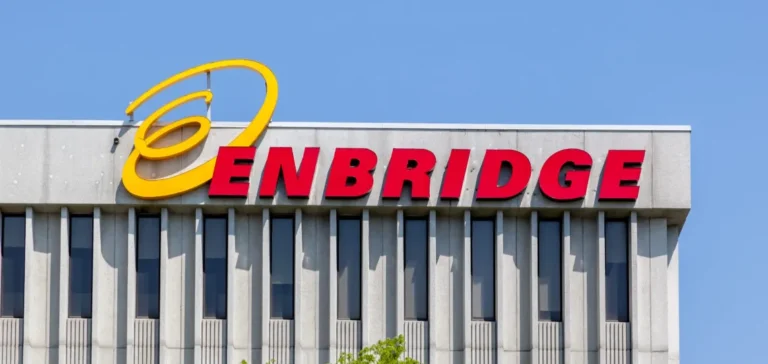Enbridge Inc. has confirmed a final investment decision for two natural gas transmission projects in the United States, marking the deployment of new capacity in response to growing demand. The Canadian company is focusing on the U.S. Northeast with the Algonquin Reliable Affordable Resilient Enhancement project and on the Gulf Coast with the Eiger Express pipeline. These initiatives are backed by long-term contracts with high-grade counterparties.
A project to secure regional supply
The Algonquin Reliable Affordable Resilient Enhancement (AGT Enhancement) project will deliver approximately 75 million cubic feet per day (Mmcf/d) of additional supply to local distribution companies in the U.S. Northeast. The planned investment of $0.3bn covers system upgrades located on or near existing rights-of-way. Commissioning is scheduled for 2029, subject to regulatory approvals.
This infrastructure reinforcement aims to increase supply stability and limit price volatility during winter, while natural gas remains an essential energy source in the region.
A new artery to the Gulf Coast
The second project, called Eiger Express Pipeline (Eiger), will consist of a 450-mile, 42-inch diameter pipeline connecting the Permian Basin in Texas to the Katy area, near LNG liquefaction and export facilities. The pipeline will be able to transport up to 2.5 billion cubic feet per day (Bcf/d), with commissioning expected in 2028.
Enbridge aims for a stake in a total capacity of up to 10 Bcf/d out of the Permian Basin, consolidating its role in supplying gas to storage centres and export facilities on the Gulf Coast. The Eiger project complements the assets of the Whistler Parent Joint Venture, which are also dedicated to supplying the LNG market.
A deployment aligned with the growth strategy
These two projects form part of the $23bn portfolio of opportunities identified by Enbridge in gas transmission. They reflect the continued rollout of its expansion plan and the importance of rising demand for gas infrastructure in the United States.
“These projects demonstrate our ability to deliver on our growth plan and meet the increasing demand for natural gas,” said Cynthia Hansen, Executive Vice President and President of the Gas Transmission division at Enbridge.






















